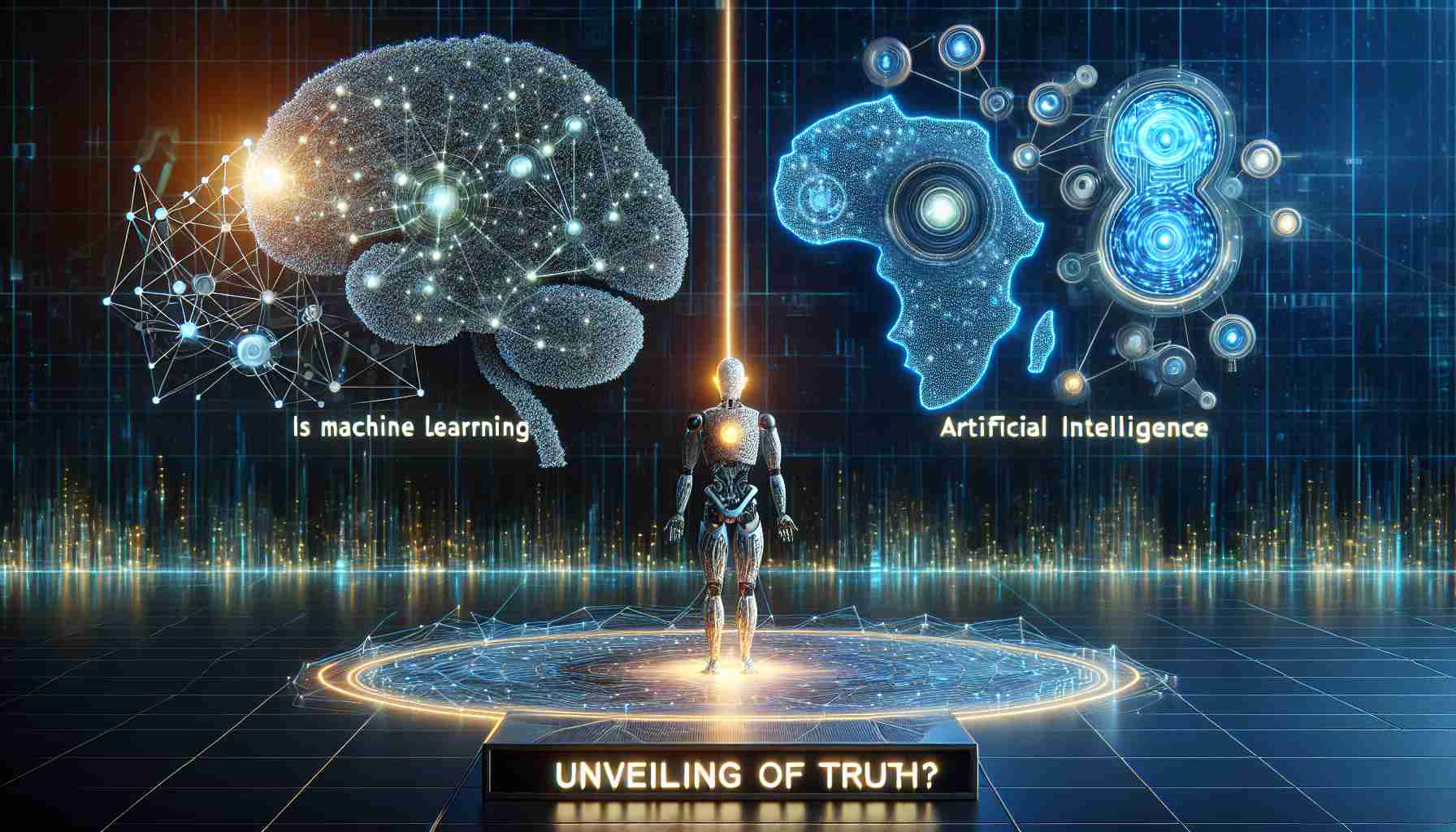In recent years, phrases like “artificial intelligence” and “machine learning” have become commonplace, sparking curiosity and sometimes confusion. Are these terms interchangeable, or is there a more intricate relationship between the two?
To start, machine learning (ML) is a subset of artificial intelligence (AI). AI encompasses a wide variety of technologies and methods that aim to create systems capable of performing tasks that typically require human intelligence. These tasks include reasoning, problem-solving, perception, language understanding, and more. On the other hand, ML is specifically a branch of AI focused on building systems that learn from data and improve their performance over time without being explicitly programmed for every task.
Machine learning involves algorithms that parse data, learn from it, and then apply what they’ve learned to make informed decisions or predictions. For instance, ML technologies power recommendation algorithms on streaming services and facilitate complex operations like detecting fraudulent activity in financial transactions.
It’s important to note that while all machine learning is AI, not all AI involves machine learning. There are other approaches within AI, such as symbolic reasoning and expert systems, that do not rely on learning from data. These methods may incorporate rules and logic hand-designed by experts to perform tasks.
In conclusion, understanding the distinction and the dependency between these concepts is crucial for appreciating the scope and capabilities of today’s technological innovations. As AI and ML continue to advance, they will undoubtedly drive the future of numerous industries, transforming everyday life in unprecedented ways.
Unveiling the Deep Impact of AI and Machine Learning on Daily Life
Artificial intelligence (AI) and its subset, machine learning (ML), are redefining how we interact with technology, impacting various aspects of our lives like never before.
A striking transformation is occurring in healthcare, where ML algorithms analyze vast amounts of medical data to predict diseases and personalize treatment plans. Such innovations not only enhance the accuracy of diagnoses but also lead to more efficient healthcare systems, reducing costs and saving lives.
On a community level, AI-driven solutions are addressing critical issues such as traffic management and waste reduction in smart cities. By analyzing real-time data, these technologies help in easing congestion and making urban living more sustainable and efficient.
Controversies and ethical dilemmas are inherent as AI technologies evolve. A significant concern is data privacy, as ML systems often require massive data sets that may include sensitive personal information. There’s ongoing debate over who owns this data and how it’s protected.
Another intriguing controversy revolves around the potential for AI to perpetuate bias. Since machine learning models learn from existing data, any biases in that data can result in biased outcomes, influencing everything from job recruitments to loan approvals.
Questioning AI’s place in society: Is machine learning AI? Simply put, machine learning is part of the broader AI field, but not all AI relies on learning. For more insights into artificial intelligence, visit IBM and explore how these technologies are shaping the future.
Despite the challenges, AI and ML continue to prove invaluable, promising transformative changes across industries and everyday life, urging us to navigate both their capabilities and their complexities.








